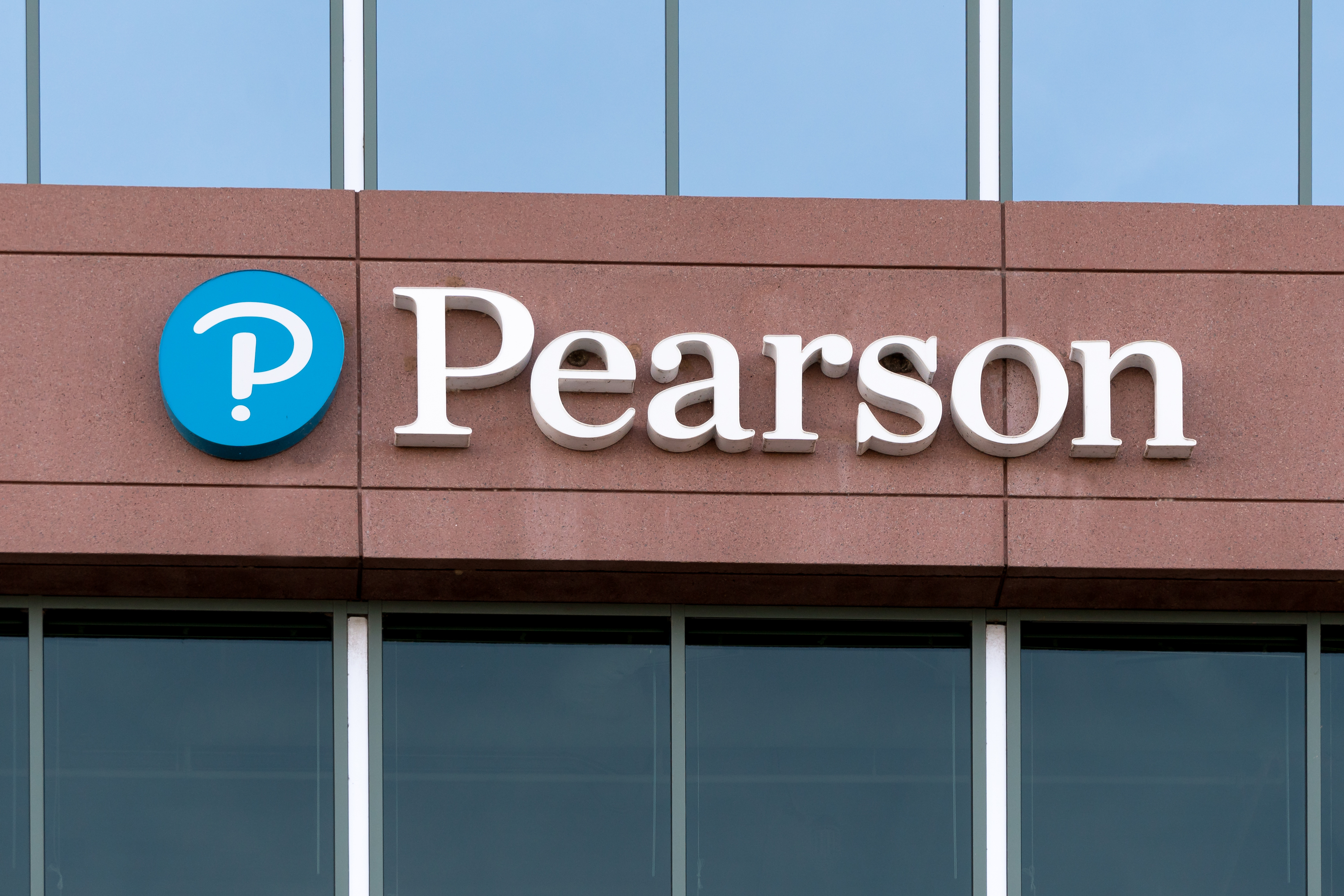IT directors fear insider threats
Threat perceptions in the industry are seen as "evolving", as only one in five IT directors fear external risks posed by hackers.

There is rising concern among IT directors that the biggest threat to their organisations lies with internal hazards, according to Secure Computing Corporation.
The enterprise gateway security company found that over 80 per cent of 103 IT directors surveyed prioritised insider threats, such as data leakage or theft.
This acts as a stark contrast to the 17 per cent of respondents who believe that external threats from hackers are a more serious proposition.
According to Secure Computing, the emphasis of concern on internal risks can be attributed to the 37 per cent of respondents who have experienced the leakage of sensitive data firsthand.
The survey found that 37 per cent of directors believed that email is the current biggest security risk, while 25 per cent felt that voice over IP was a bigger threat than web surfing, which only 21 per cent of respondents felt to be the biggest threat.
A further 79 per cent of respondents felt that they could be better prepared for web-borne threats, with 31 per cent of IT directors finding viruses their biggest challenge.
Secure Computing also found that the majority IT directors (35 per cent) prioritised budgets on strengthening internal security.
Get the ITPro daily newsletter
Sign up today and you will receive a free copy of our Future Focus 2025 report - the leading guidance on AI, cybersecurity and other IT challenges as per 700+ senior executives
Regional Sales Director for the UK, Ireland, South Africa and Israel at Secure Computing, Kieran Lees said that the survey showed that perceptions on IT threats were evolving.
"It's fascinating to see how perceptions of the threat landscape among senior IT decision makers is evolving, with the insider threat and data leakage rivaling traditional external threats among IT directors' primary concerns," Lees said.
"It's also very encouraging to see that security is starting to be seen as a genuine business enabler rather than just a necessary evil."
-
 Cleo attack victim list grows as Hertz confirms customer data stolen
Cleo attack victim list grows as Hertz confirms customer data stolenNews Hertz has confirmed it suffered a data breach as a result of the Cleo zero-day vulnerability in late 2024, with the car rental giant warning that customer data was stolen.
By Ross Kelly
-
 Lateral moves in tech: Why leaders should support employee mobility
Lateral moves in tech: Why leaders should support employee mobilityIn-depth Encouraging staff to switch roles can have long-term benefits for skills in the tech sector
By Keri Allan
-
 Capita tells pension provider to 'assume' nearly 500,000 customers' data stolen
Capita tells pension provider to 'assume' nearly 500,000 customers' data stolenCapita told the pension provider to “work on the assumption” that data had been stolen
By Ross Kelly
-
 Gumtree site code made personal data of users and sellers publicly accessible
Gumtree site code made personal data of users and sellers publicly accessibleNews Anyone could scan the website's HTML code to reveal personal information belonging to users of the popular second-hand classified adverts website
By Connor Jones
-
 Pizza chain exposed 100,000 employees' Social Security numbers
Pizza chain exposed 100,000 employees' Social Security numbersNews Former and current staff at California Pizza Kitchen potentially burned by hackers
By Danny Bradbury
-
 83% of critical infrastructure companies have experienced breaches in the last three years
83% of critical infrastructure companies have experienced breaches in the last three yearsNews Survey finds security practices are weak if not non-existent in critical firms
By Rene Millman
-
 Identity Automation launches credential breach monitoring service
Identity Automation launches credential breach monitoring serviceNews New monitoring solution adds to the firm’s flagship RapidIdentity platform
By Praharsha Anand
-
 Neiman Marcus data breach hits 4.6 million customers
Neiman Marcus data breach hits 4.6 million customersNews The breach took place last year, but details have only now come to light
By Rene Millman
-
 Indiana notifies 750,000 after COVID-19 tracing data accessed
Indiana notifies 750,000 after COVID-19 tracing data accessedNews The state is following up to ensure no information was transferred to bad actors
By Rene Millman
-
 Pearson fined $1 million for downplaying severity of 2018 breach
Pearson fined $1 million for downplaying severity of 2018 breachNews The SEC found the London-based firm made “misleading statements and omissions” about the intrusion
By Rene Millman